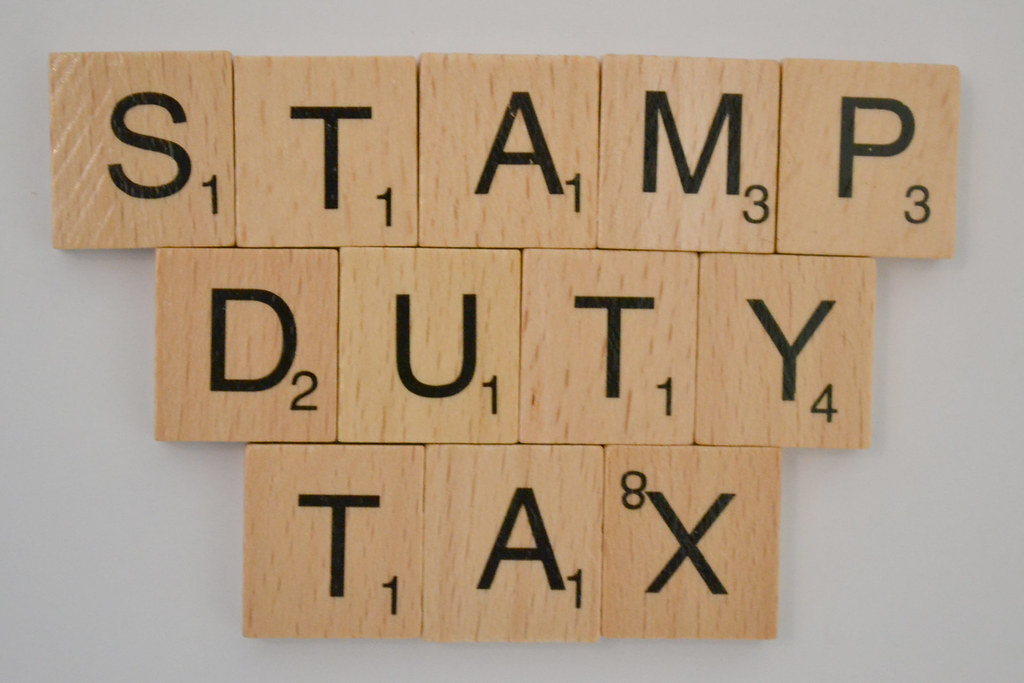An estimated 15 million homebuyers have never considered whether there was a mistake in the stamp duty they paid, according to new research from Cornerstone Tax.
This is despite the tax specialist having previously suggested that mistakes in advice mean around 120,000 people in the UK are owed refunds for just “one of the many issues” with stamp duty advice.
The government’s stamp duty holiday, announced by Rishi Sunak in July, gave homebuyers a break from the tax on property purchases up to the value of £500,000, with the move preceding a record month in property sales during July after lockdown measures started to be lifted.
However, Cornerstone stated that Stamp Duty Land Tax (SDLT) is “poorly understood” and with the holiday due to end in March 2021, the complexities of SDLT will be “no clearer”. The tax specialist described SDLT as complex for homebuyers but also the solicitors and tax advisers employed to make sense of the rules and regulations surrounding the purchase of various types of property.
In 2017/18, over £12.9bn in stamp duty was paid by homebuyers in the UK, while in 2016/17 alone, more than 6,800 additional property refunds totalling £80m were paid – just one “small section” of the market, Cornerstone suggested, due to errors in advice.
Cornerstone research also found that 61% of UK homebuyers, equating to more than 15 million people, said they have never even considered whether there was a mistake in the stamp duty they paid. Another 36% of homebuyers indicated they are mistrusting of the legal sector during property transactions, and have felt ripped off by solicitors when buying and selling property.
“These statistics are shocking, if not wholly surprising, when you consider how many amendments have been made to stamp duty in the past few decades,” said Cornerstone Tax principle consultant and founder, David Hannah.
“While the percentage payment bands at higher property values is fairly straightforward, the number of exemptions and surcharges on different kinds of homes becomes incredibly confusing for even the solicitors and conveyancers advising on these transactions.
“The law around SDLT is incredibly complex and many advisors who help consumers evaluate how much they should pay are trained only to differentiate between residential and commercial property.
“They simply aren’t familiar with the intricacies of the law’s evaluation criteria, which has led to many consumers being mis-advised unintentionally. There are a number of other reasons why people have overpaid; it’s not always a misinterpretation of the 3% surcharge.”
Latest News
-
Average UK house price surpasses £300k – Halifax
-
Bank of England holds base rate at 3.75%
-
Mortgage Advice Bureau acquires Dashly
-
Bridging loans fall to lowest average completion time in eight years
-
Regulators announce first six firms to join ‘Scale-Up Unit’
-
House prices recover month-on-month in January – Nationwide
Perenna and the long-term fixed mortgage market

Content editor, Dan McGrath, spoke to head of product, proposition and distribution at Perenna, John Davison, to explore the long-term fixed mortgage market, the role that Perenna plays in this sector and the impact of the recent Autumn Budget
The role of the bridging market and technology usage in the industry
Content editor, Dan McGrath, sat down with chief operating officer at Black & White Bridging, Damien Druce, and head of development finance at Empire Global Finance, Pete Williams, to explore the role of the bridging sector, the role of AI across the industry and how the property market has fared in the Labour Government’s first year in office.
NEW BUILD IN FOCUS - NEW EPISODE OF THE MORTGAGE INSIDER PODCAST, OUT NOW

Figures from the National House-Building Council saw Q1 2025 register a 36% increase in new homes built across the UK compared with the same period last year, representing a striking development for the first-time buyer market. But with the higher cost of building, ongoing planning challenges and new and changing regulations, how sustainable is this growth? And what does it mean for brokers?
Does the North-South divide still exist in the UK housing market?

What do the most expensive parts of the country reveal about shifting demand? And why is the Manchester housing market now outperforming many southern counterparts?
In this episode of the Barclays Mortgage Insider Podcast, host Phil Spencer is joined by Lucian Cook, Head of Research at Savills, and Ross Jones, founder of Home Financial and Evolve Commercial Finance, to explore how regional trends are redefining the UK housing, mortgage and buy-to-let markets.
In this episode of the Barclays Mortgage Insider Podcast, host Phil Spencer is joined by Lucian Cook, Head of Research at Savills, and Ross Jones, founder of Home Financial and Evolve Commercial Finance, to explore how regional trends are redefining the UK housing, mortgage and buy-to-let markets.
© 2019 Perspective Publishing Privacy & Cookies










Recent Stories